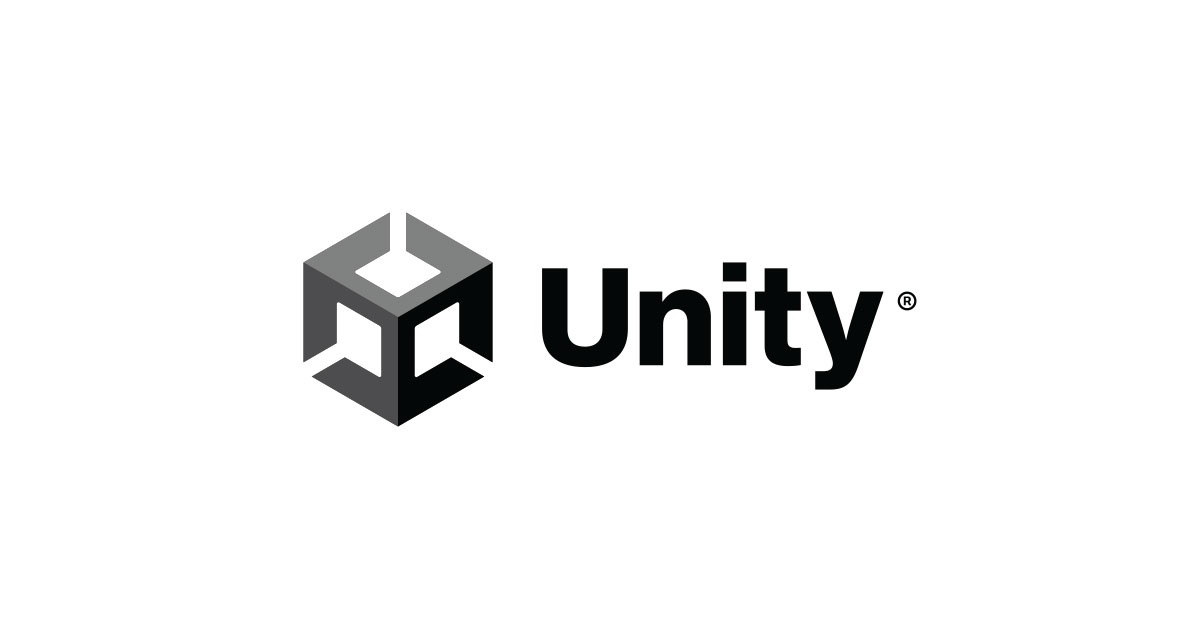Update (9/13/23): Following yesterday’s news, Unity has clarified and already walked back some key points. In a statement to Axios, Unity exec Marc Whitten said fees will not be charged for demos unless they are a part of a download that includes the full game.
Additionally, Unity looks to have walked back one issue around multiple fees. Unity now says it will only charge for an “initial installation,” per Axios, after regrouping to discuss the issue. However, an extra fee will charge if a user installs a game on a second device; once on a home PC and again on Steam Deck, for example. Whitten also says that developers will not be on the hook for fees through services like Xbox Game Pass, but rather, it would be the distributor (a.k.a. Microsoft).
Our original story follows.
This morning, Unity Technologies announced an update to its pricing plans and fees that sparked a bit of an outcry among developers. Unity says that, starting on January 1 of 2024, the company will introduce a new runtime fee based on game installs for any game that passes certain thresholds.
To break it down in straightforward terms, there are two components of Unity: the Editor and the Runtime. The Runtime is code that plays on devices, making Unity-made games work.
This new Unity Runtime Fee, as the company dubs it, would be based on each time a game is downloaded by a user. According to Unity, games that meet these thresholds qualify:
- Unity Personal / Plus: Games that have made $200,000 USD or more in the last 12 months and have at least 200,000 lifetime game installs
- Unity Pro / Enterprise: Those that have made $1 million USD or more in the last 12 months and have at least 1 million lifetime game installs.
“With this new policy, as of January 1, 2024, we will offer Unity Personal to anyone regardless of how much revenue they make to provide more flexibility in how creators manage their licenses,” the company’s announcement explains. “Once a game passes the revenue and install thresholds, the studio would pay a small flat fee for each install.” It then refers to a table, detailing the fees.
Essentially, once a game clears the marked thresholds for revenue (per year) and lifetime installs, the developer will start incurring fees per install. And as Unity states, once it goes into effect on January 1, 2024, the fee will apply to all eligible games on the market that continue to distribute the runtime.
Chaos in unity
In clarifying comments to Axios’ Stephen Totilo, Unity says if a player deletes a game and re-installs it, that counts as 2 installs and consequently 2 charges. The same goes if a user installs a game on two devices. Unity also says that charity games and bundles are “exempted from fees,” per Totilo.
Alongside this new fee, developers also spotted a number of other changes. Namely, Unity Personal is no longer usable offline, and Unity Plus is being retired for new subscribers effective today.
There is a lot of discussion and ire drawn over these changes from developers, especially those working in the independent scene. I found a good summation of the issues from the developers’ side from Necrosoft Games‘ Brandon Sheffield here, and I’ll highlight one section in particular:
Ultimately, it screws over indies and smaller devs the most. If you can afford to pay for higher tiers, you don’t pay as much of this nickle and dime fee, but indies can’t afford to on the front end, or often it doesn’t make sense in terms of the volume of games you’ll sell, but then you wind up paying more in the long term. It’ll squash innovation and art-oriented games that aren’t designed around profit, especially. It’s a rotten deal that only makes sense if you’re looking at numbers, and assume everyone will keep using your product.
– Brandon Sheffield, Necrosoft Games
Sinking cost of games
As developers continue to note, this means distinct issues for demos and free-to-play, and runs a risk of being used maliciously against studios. Speaking to Axios, Unity said it will use fraud detection tools and “allow developers to report possible instances of fraud to a compliance team,” per Totilo.
For those who don’t want to deal with the headache, they might already have years of development in the pipeline and be trapped by the cycle. This issue applying backwards can also become a current headache for existing developers, and those heading to subscription services. Aggro Crab Games explained as much in a statement:
“Guess who has a somewhat highly anticipated game coming to Xbox Game Pass in 2024? That’s right, it’s us and a lot of other developers. That means Another Crab’s Treasure will be free to install for the 24 million Game Pass subscribers. If a fraction of those users download our game, Unity could take a fee that puts an enormous dent in our income and threatens the sustainability of our business. And that’s before we even think about sales on other platforms, or pirated installs of our game, or even multiple installs by the same user!!!!”
– Aggro Crab
It’s hard to imagine something like this doesn’t eventually get reversed. As it stands now, it’s a massive issue for anyone planning to use, and is now stuck with, Unity.





Published: Sep 13, 2023 4:11 PM UTC